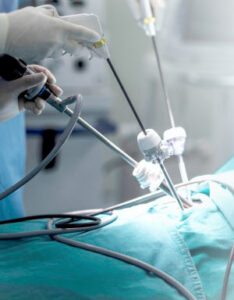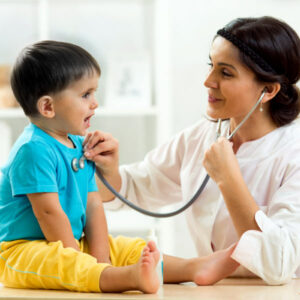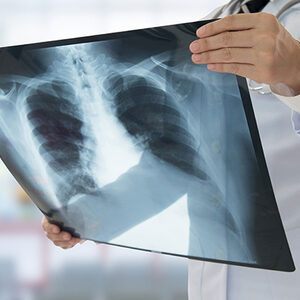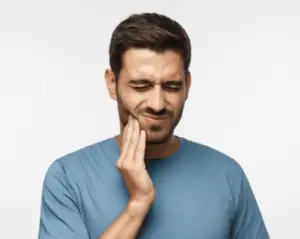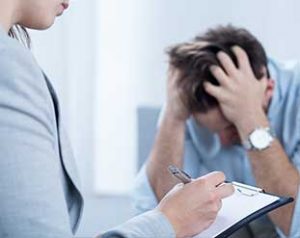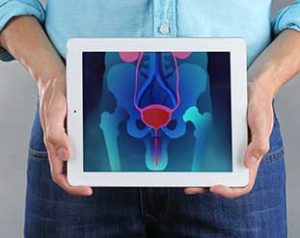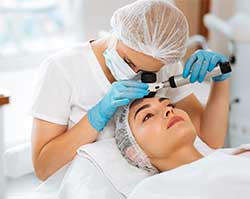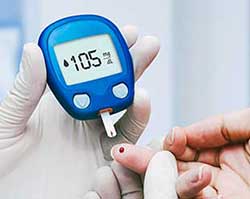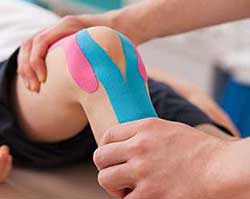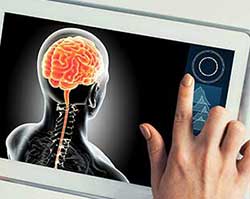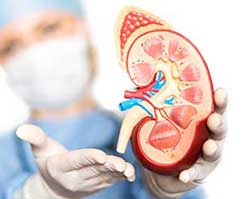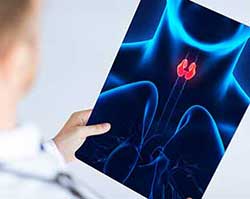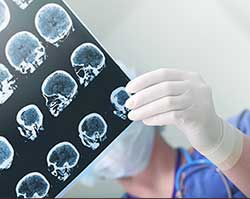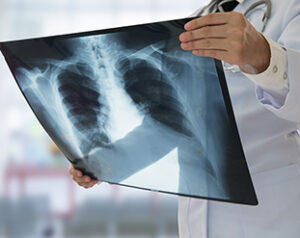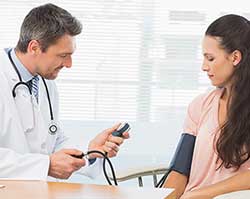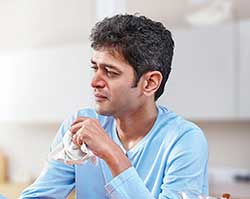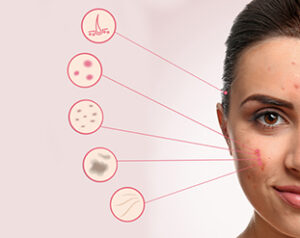Consult City's Top Doctors, The Minute You Need To
First Consultation starting
@ ₹249 ₹499
14405
General Physicians
5578000
Cases done
by General Physicians
2293
Hospitals
Feeling drowsier than usual? Check how it may be detrimental here.
About
Somnolence, or sleepiness is when a patient experiences a potent inclination towards sleeping.
The risk for heart disease and cardiac arrests increases in patients with hypersomnia. [2]
-- Can be self-diagnosed
-- Lab tests or imaging seldom required
-- Medium-term: resolves within months
-- Isn’t communicable – can’t spread among people
Generally viewed as a symptom, somnolence can often transform into disorders in the form of excessive daytime sleepiness, delayed sleep phase disorder, etc. Excessive sleepiness can also manifest itself in the form of an infection, e.g. narcolepsy, fibromyalgia, etc.
Ages affected – Between 0 and 25: Rare; Between 25 and 55: Predominant; Above 55: Rare.
Symptoms
Usually self-diagnosable:
Symptoms include low vitality, loss of appetite, inefficient thinking, slurred speech and impediment to remembering things – all of which are reasons to consult a physician.
People may experience:
Mood disorders – depression, anxiety and stress
Brain concussions
Pains – in the neck, shoulders and the back
Increase in body weight
Not getting enough sleep at night (insomnia)
Treatment
Self-care:
Patients are advised to bring changes into their lifestyle e.g. quitting smoking, reducing working hours, doing physical exercise, etc. Group therapy and psychiatric counseling sessions also help.
Medications:
Stimulants, antidepressants and novel drugs are usually prescribed by doctors.
Specialists:
Getting called lazy due to your excessive sleeping tendencies? Those days will soon be gone if you take the help of our experts at mfine. Contact us at www.mfine.co.
Other Specialities
Give a missed call to 08061914343 to Download the App

